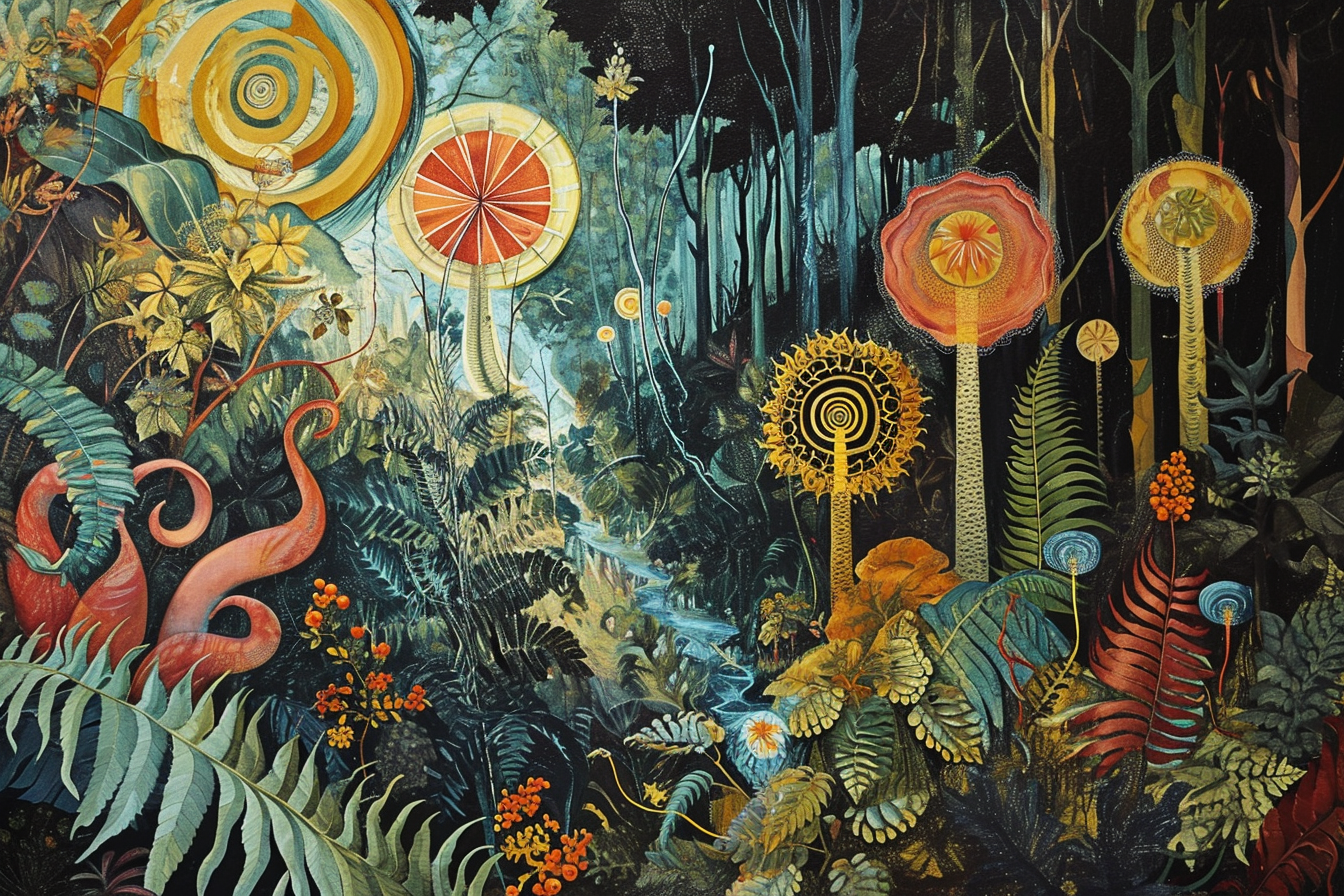Address trauma and find permanent resolution to your symptoms with PSIP ketamine therapy.
Psychedelic Somatic Interactional Psychotherapy (PSIP) is a groundbreaking approach that integrates the potential of psychedelics with somatic (body-centered) psychotherapy.
PSIP is designed to give you access to deeply embedded emotional and physical trauma, so that you can process it with guidance from your therapist, and achieve final resolution.

What is PSIP Ketamine Therapy?
Each psychedelic therapy experience I had was positive and seemed to be helpful, but – like clockwork – the depression would inevitably come back, until I discovered PSIP.
PSIP is a low-dose, interactive model, allowing clients to stay grounded while engaging directly with stored trauma to promote gradual, sustainable healing and integration.
This unique blend of somatic focus, low-dose ketamine and/or cannabis, and therapist interaction makes PSIP a transformative option for people seeking relief from PTSD, anxiety, depression, and more.
PSIP does not provide a mystical psychedelic experience, please visit the Psilocybin page if that's what you're looking for.
PSIP Ketamine Therapy at OmTerra
Lorem ipsum dolor sit amet, consectetur adipiscing elit. Suspendisse varius enim in eros elementum tristique. Duis cursus, mi quis viverra ornare, eros dolor interdum nulla, ut commodo diam libero vitae erat.
Consultation & Intake
Begin with your free consultation, meet your facilitator virtually, ask questions and see if PSIP ketamine therapy is right for you.
If you decide to move forward, complete our intake forms to see if you qualify medically and legally to receive these services.

Preparation
Either in-person or virtually, you'll work with Steve to set goals, understand context and boundaries, and establish trust.
PSIP sessions are held in a safe, controlled environment in Steve's home.
PSIP Therapy Sessions
Low-doses of Ketamine and/or cannabis are used to access stored trauma – body awareness becomes the primary focus.
Clients unlock hidden emotional patterns and memories by tuning into sensations like tension or discomfort linked to past experiences.
Integration
Insights from the therapy sessions are then processed and translated into actionable steps for gradual, sustainable healing and integration.
PSIP Ketamine Pricing Plans
There is no one-size-fits-all in therapy, especially not with psychedelics.
The number of sessions depends on the complexity of your trauma, but most clients require at least 5 sessions, so I recommend beginning with our Intensive Retreat.
Take the First Step
Reach out with no commitment to learn more about the available therapy models and discover which one will suit your unique case.
Read More About Ketamine Therapy
Lorem ipsum dolor sit amet, consectetur adipiscing elit.

























